#500Historias: success through Design Thinking
At Plus351, we believe in the power of collaboration and innovation to drive social impact. Our experience with the #500Historias project exemplifies how human-centered design can enhance transformative educational programs.
1. #500Historias and the Challenge of Scaling Youth Literacy
#500Historias is an educational program aimed at empowering young people aged 13 to 17 through creative writing workshops, focusing on non-fiction. In 2022, the project launched the Online Reading and Writing Tournament (Taller En Línea de Lectoescritura – TELLE), a digital competition promoting collaborative reading and writing among young students.
TELLE was conceived as a gamified digital platform enabling young writers to invite readers who could read and evaluate chronicles, participate in activities, and overcome challenges, earning points in a reward system. The goal was clear: to foster reading and writing among hundreds of young people in Panama, Central America, and the Caribbean.
2. Our Intervention: Design Thinking in Action
At Plus351, we were invited to assist in conceptualizing the TELLE application using the Design Thinking methodology. What made this project special was the formation of a multidisciplinary and mixed team, with personnel provided by #500Historias.
Through collaborative workshops, we worked on the following stages:
- Empathize: We conducted interviews and activities to understand the needs, motivations, and challenges in the reading and writing process, for all the actors involved: studens, teachers, and coordinators.
- Define: We identified the main problems to solve, such as the need for a user-friendly interface, effective feedback mechanisms, and incentive systems that encouraged active participation.
- Ideate: We generated multiple creative solutions, prioritizing those that promoted collaboration, gamification, and accessibility.
- Prototype: We developed low-fidelity prototypes, iterated based on the feedback received.
- Test: We tested the prototypes, adjusting functionalities and design according to the results obtained.
Based on this iterative process, we generated technical functional and non-functional requirements, for the future development of the application.
3. Development and Results
With the conceptualization defined, the application was developed by our technology partner, Accentio Studios, who integrated the functionalities designed during the Design Thinking process. The resulting platform allowed young writers to invite readers who could read and evaluate chronicles, participate in activities, and overcome challenges, earning points in a gamified system.
The launch of the application facilitated the participation of students from Panama, Central America, and the Caribbean, promoting reading and writing among hundreds of young people. The winning texts were selected through a joint evaluation by young writers, teachers, editors, and the general public.
4. Lessons Learned
This project provided us with valuable insights:
- Effective Collaboration: Working with a mixed team enriched the process by combining technical knowledge and field experience in education.
- User-Centered Approach: The Design Thinking methodology allowed us to design a solution aligned with the needs and expectations of the end-users.
- Continuous Iteration: Ongoing feedback was key to improving the platform and ensuring its effectiveness.
5. Conclusion
The experience with #500Historias and TELLE reaffirms our belief that human-centered design can generate innovative and sustainable solutions. At Plus351, we remain committed to projects that, like this one, aim to transform education and empower new generations.
Do you want to know how Plus351 can help with your next project? Let’s talk.


